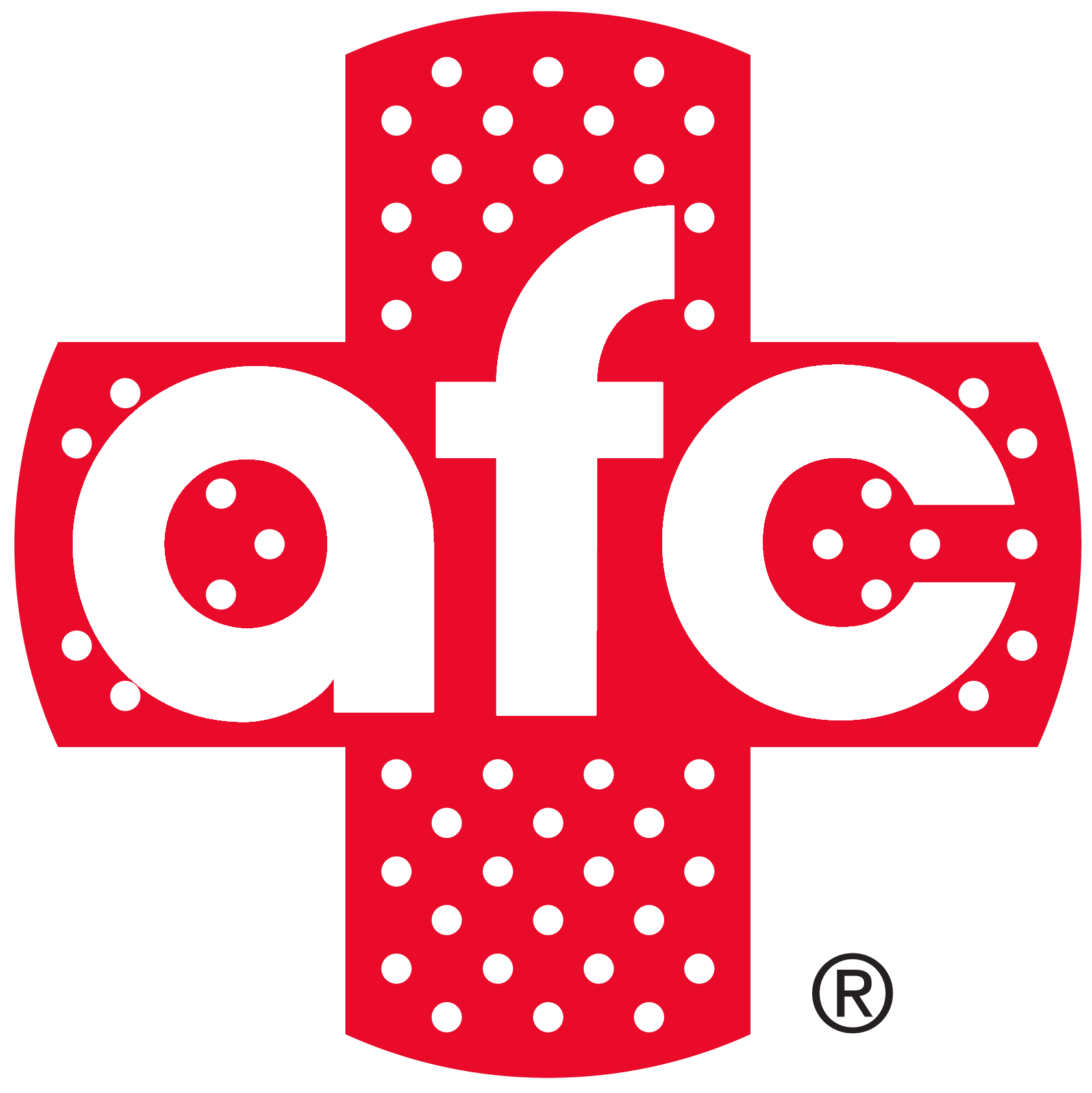AFC South Philadelphia
Poison Ivy
CALL US TODAY | (215) 964-9250
Save time in the waiting room and register online or walk in today! Register Now
Register OnlineFind The Location Nearest Covid-19 Testing
We think you’re located in zip code 19145. Not Right?
Poison Ivy
Poison Ivy & Other Plants to Avoid This Summer
Plants may look great in landscaping or smell nice as you take a walk, but some can be quite dangerous. Come to AFC Urgent Care South Philly today if you think you have come into contact with poison ivy or another poisonous plant. Our board-certified doctors will be able to diagnose and treat you for any rash you may develop.
When people think of poisonous plants, the big three are generally considered to be poison ivy, poison oak, and poison sumac. These plants all have urushiol inside them. This chemical compound makes them very unpleasant to encounter while out on a hike or working in your yard. The rash itself is not contagious, but the oils from the leaves can easily spread to other parts of your body or surfaces, causing rashes to develop elsewhere and on other people. In fact, you might not even realize you left this chemical elsewhere, exposing people to it who may have never been near the original plant.
Poison ivy can usually be seen as a shrub growing close to the ground or as a vine. Despite what you may think, it can easily be as easily found in urban areas like Philadelphia as it can in the rural regions of Pennsylvania. Other than Alaska, Hawaii, or desert areas, it can grow throughout much of North America. The plant can be identified by this simple saying: “Leaves of three, leave them be." The leaves of poison ivy are usually arranged in groups of three and can have light-colored berries or small flowers.
Poison oak has smooth leaves with curved edges, unlike poison ivy which has leaves with jagged edges. Other than that, the two plants share a lot of similar traits. Poison oak looks like a young oak plant, hence the name and confusion from time to time.
Poison sumac is far harder to recognize compared to the other two plants. It easily blends into the background as a small tree or shrub. The branch of a poison sumac plant tends to have 13 leaves arranged in pairs. Generally, poison sumac is found in the southeastern part of the United States. It is most at home in very wet areas, like riverbanks. The rash caused by poison sumac has the potential to be even worse than poison ivy or poison oak.
What happens when I come into contact with poison ivy, poison oak, or poison sumac?
When you come into contact with these plants and are exposed to the urushiol, you will develop a rash. In severe cases, other symptoms can include blisters, swelling, and fever. Some people may also experience an anaphylactic reaction and should seek immediate medical care.
Who is most likely to be exposed to a poisonous plant? How long does a rash last?
Farmers, construction workers, hikers, and groundskeepers are the most likely to come into contact with poison ivy, poison oak, or poison sumac. You are also at higher risk if you work outside and move plants or debris. If left alone, a rash will heal itself in about one to three weeks, depending on the severity. We can prescribe topical steroids for a rash if it is healing slowly. Remember, the rash is not contagious, but it will spread if you do not properly rinse the urushiol from your skin and clothing.
How can I prevent getting a rash from a poisonous plant?
When you are outdoors, experts suggest wearing protective clothing and avoiding touching plants that are unfamiliar to you. Follow these two tips, and you’ll cut your risk of exposure significantly. If you discover poisonous plants at your home or place of business, use herbicides to remove the poisonous plants. Never burn these plants as that can cause the poisonous compound to become airborne, causing a dangerous rash inside the lungs of whoever breathes it in. This can be a very dangerous and life-threatening reaction.
Unsure if your rash was caused by a poisonous plant? Come to AFC Urgent Care South Philly today and get checked out by one of our board-certified doctors. No appointment is ever needed, and we are open seven days a week!
Other Services You May Need:
- Children's Urgent Care
- Cold, Allergy & Sinusitis
- Coronavirus South Philly Pa
- DOT Physical
- Drug Screen Solutions
- Employer Resources
- EScreen Testing
- Flu Season
- Immigration Physicals
- Laboratory Services
- Lyme Disease Treatment
- Occupational Healthcare
- Pink Eye and Eye Infections
- Poison Ivy
- Pre-Employment Physicals
- Ringworm Treatment
- Sore Throat Treatment
- Sports Injuries Treatment
- Sports Physicals
- Sprain, Strain, Broken Ankle
- STD Testing
- Tick Bites Treatment
- Travel Vaccinations
- Urgent Care
- Urinary Tract Infection
- Workers' Compensation
- X-Ray Services

 How Can We Help?
How Can We Help?
- PATIENT SERVICES
- COVID-19 SERVICES
- TELECARE
- EMPLOYER RESOURCES
- PATIENT RESOURCES
- ABOUT US
Get In Touch
Fill out your information and we'll contact you shortly.
CALL US | (215) 964-9250AFC Urgent Care FAQs
-
Is there a medication or shot I can take to get rid of Poison Ivy faster?
No medication will get rid of any rash faster. We can only treat symptoms to make you more comfortable as it works its course. Severe outbreaks resulting in swelling may require some medication to help control it.
-
How do I know if a rash is from poison ivy or something else?
A medical professional should look at any lingering or worsening rash and identify it.
Q&A You Want to Answer?

Don't wait to get the medical attention you need.
CALL US TODAY | (215) 964-9250


